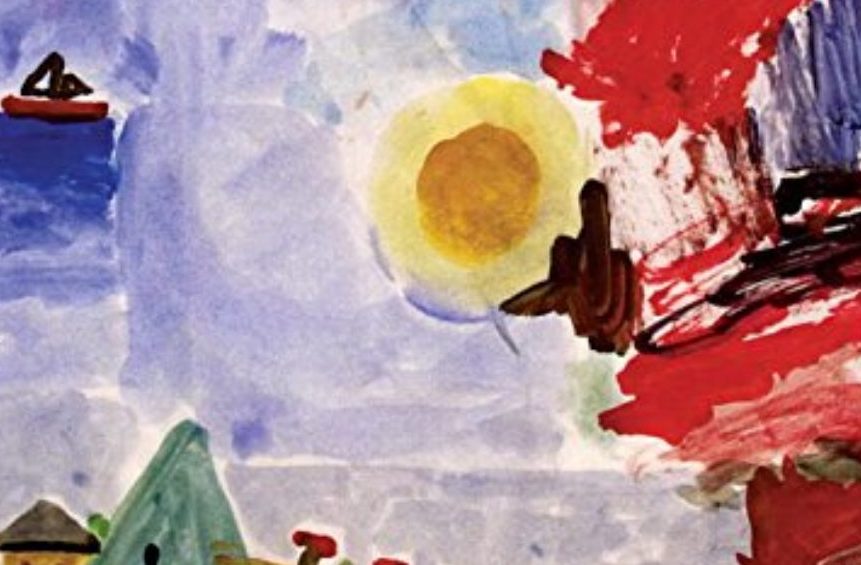The Kingdom of Ordinary Time
by Marie Howe
W.W. Norton & Co., $13.95 (paper)
Marie Howe’s long-awaited third collection seeks out the hints of divinity that lie beneath the routines of everyday life. These are poems of the workaday realm (they are rooted in newspaper headlines, automated phone systems, the Discovery Channel), yet they are wholly, vitally committed to the coexistence of the mundane and the transcendent. In the exceptional poem sequence “Poems from the Life of Mary,” Howe imagines a childlike Mary before the Annunciation who senses God’s presence in her drab surroundings: “Once or twice or three times, I saw something / rise from the dust in the yard, like the soul / of the dust.” The struggle of the merely human not only to experience but also to verbalize (to make sense of, to come to terms with) the transcendent becomes the focus of these remarkable poems: “As if the edges of things blurred—so what was in / bled out, breathed up and mingled . . . It was thing and spirit both: the real / world: evident, invisible.” Yet Howe knows that investigations of the everyday reveal more than glimpses of heaven: her poems often shock with flashes of brutality. In a poem where moonlight makes “shallow underwater stones gleam underwater,” Howe resists the merely pretty, admitting that “the man who’s just broken the neck / of his child” is also “standing by the window / moonlight shining on his face and throat.” Several of Howe’s poems are explicitly religious, but if the Gospels loom large in them, they are never simplistic or pious: “Do unto others as you would have them do unto you, / Jesus said. . . . The kingdom of heaven / is within you. . . . That’s the good news / and the bad news, isn’t it?” Howe’s poems manage to be both complex and accessible; they provide pleasure and provoke: “What would we be willing to give up to equalize the wealth in the world?” The Kingdom of Ordinary Time confirms Howe’s position as one of the finer, most serious-minded poets of her generation.








